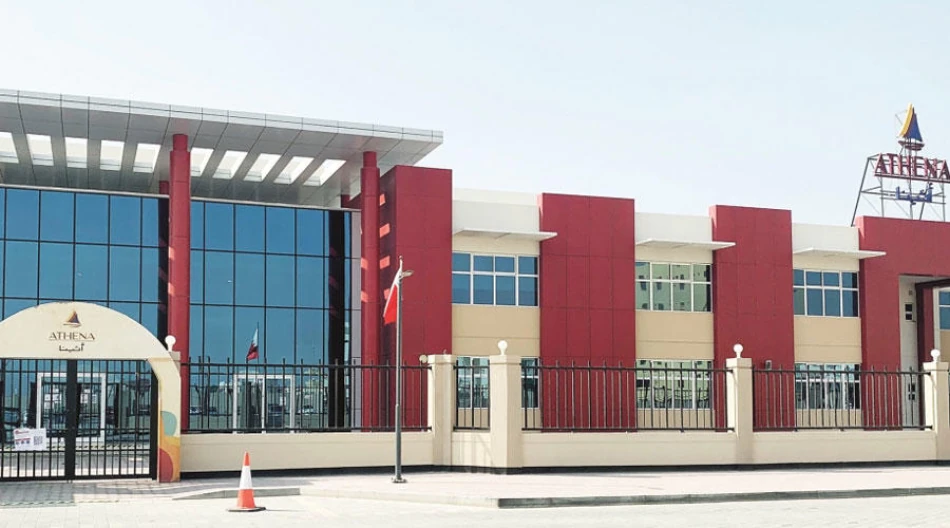
Empowering Students: 8 Groups Receive Social and Educational Support in Public Schools
Government schools have outlined specific documentation requirements for eight categories of resident students who can apply for economic and social case studies. These include families with limited income, struggling households, children of divorced mothers, children of abandoned mothers, orphans, children of prisoners, those with labor disputes, and people with expired residency permits.
The schools want to make sure all data comes from official sources so they can provide support based on clear and fair standards. This means families need to submit proper paperwork to prove their financial situation.
Here's what families need to provide: valid IDs and residency permits for everyone in the household, including parents and unmarried, unemployed children. They also need current employment contracts and salary certificates dated September 2025 or later, plus bank statements from the last six months for both parents if they're working.
If someone gets paid in cash or through money exchange services, they need official proof of their monthly income. Business owners and investors must submit a declaration showing their monthly income, along with a copy of their business license and current bank statements.
When labor disputes make it hard to prove income, families need documentation from the judiciary or relevant labor authorities. For housing, they must include a valid, notarized rental contract in a parent's or guardian's name that shows the monthly rent amount. Any monthly bank obligations also need to be documented.
Depending on their situation, families might need death certificates, dependency declarations, or divorce and custody rulings. If one parent lives permanently outside the country or is in prison, official statements from the relevant authorities are required.
Schools stress that submitting accurate documents on time helps speed up the application process. All documents must be combined into a single PDF file. They won't accept photos, WhatsApp images, or compressed files.
This system aims to help vulnerable student populations access education while making sure the support goes to families who genuinely need it. The detailed requirements reflect efforts to prevent fraud while still providing assistance to those facing real financial hardships.
Most Viewed News

 Omar Rahman
Omar Rahman






